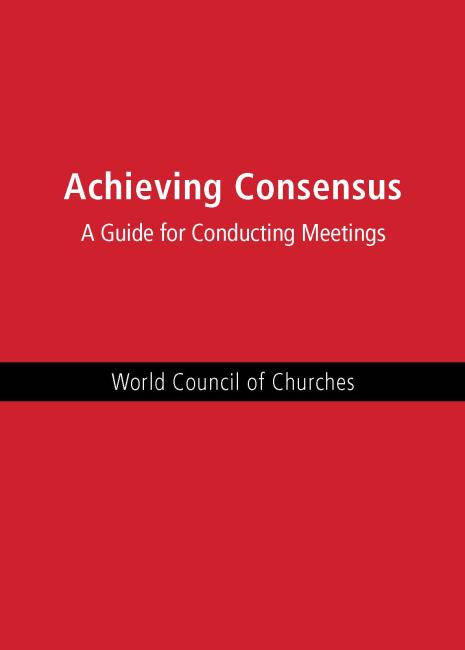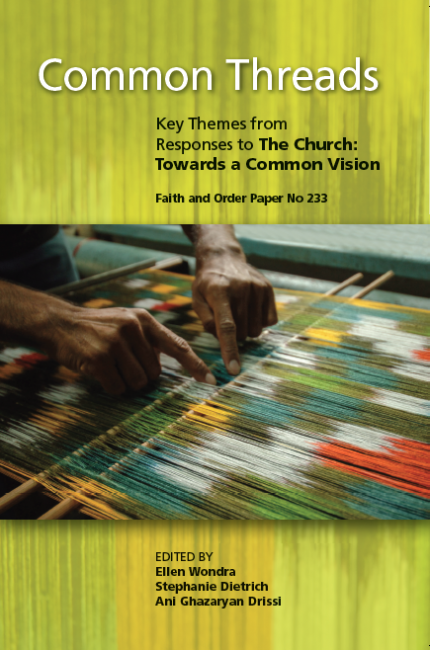Key Themes from Responses to The Church: Towards a Common Vision. Faith and Order Paper No 233
Churches now agree more than they disagree on many characteristics of the Church and its faith, mission, and life: the responses to the convergence statement The Church: Towards a Common Vision make this clear. Within this growth in agreement, key themes come to the fore, calling for greater understanding, study, and common conversation: visible unity, communion, mission, the role of the people of God in ministry and decision-making, sin and the church, and more.
This volume presents essays on sixteen of these key themes. Each essay was written by a member of the subgroup of the WCC Commission on Faith and Order that focused on reading and analyzing the responses. The essays were then discussed by the group and revised in light of the discussions. Some of the themes have been prominent since the 1982 convergence statement Baptism, Eucharist and Ministry. Others have emerged more recently.
Together with the report What are the Churches Saying about the Church?, the essays illuminate the many ways in which the vision of unity has inspired and changed the churches, as well as critical areas where future work is needed.
25 February 2022


